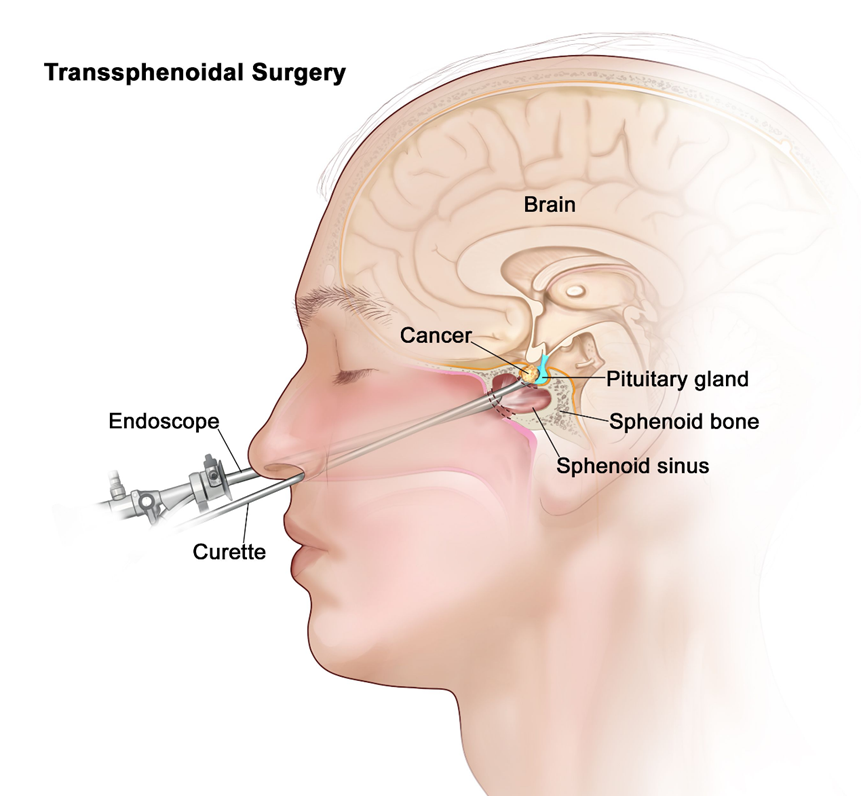A nurse in a provider’s office is assessing a client who has rheumatoid arthritis (R
Low-grade fever
Weight loss
Anorexia
Knuckle deformity
The Correct Answer is D
Choice A reason: Low-Grade Fever
Low-grade fever is a common early symptom of rheumatoid arthritis (RA). It is often associated with the body’s inflammatory response to the autoimmune activity occurring in the joints. While it can persist throughout the disease, it is not considered a late manifestation.
Choice B reason: Weight Loss
Weight loss can occur in RA due to chronic inflammation and its effects on metabolism and appetite. However, it is more commonly seen in the early to middle stages of the disease rather than as a late manifestation. Persistent inflammation can lead to muscle wasting and weight loss, but these are not specific to the advanced stages of RA.
Choice C reason: Anorexia
Anorexia, or loss of appetite, is another symptom that can be present in RA. It is often related to the chronic inflammation and pain associated with the disease, which can reduce a person’s desire to eat. Like weight loss, anorexia can occur at various stages of RA and is not specifically a late manifestation.
Choice D reason: Knuckle Deformity
Knuckle deformity is a late manifestation of rheumatoid arthritis. As RA progresses, the chronic inflammation can lead to joint damage and deformities, particularly in the hands and fingers. This includes changes such as ulnar deviation, swan neck deformities, and boutonnière deformities. These deformities result from the destruction of joint tissues and the formation of scar tissue, which can significantly impair hand function.

Nursing Test Bank
Naxlex Comprehensive Predictor Exams
Related Questions
Correct Answer is ["100"]
Explanation
Step 1: Identify the infusion rate in mL/hr.
- The infusion rate is 100 mL/hr.
- = 100 mL/hr.
Step 2: Determine the drop factor for microtubing.
- Microtubing has a drop factor of 60 gtt/mL.
- = 60 gtt/mL.
Step 3: Calculate the drip rate in gtt/min.
- Drip rate (gtt/min) = (Infusion rate in mL/hr) × (Drop factor in gtt/mL) ÷ 60.
- Drip rate (gtt/min) = 100 mL/hr × 60 gtt/mL ÷ 60.
- = 100 gtt/min.
So, the nurse should set the manual IV infusion to deliver 100 gtt/min.
Correct Answer is A
Explanation
Choice A reason:
Check the drainage for glucose: Clear drainage from the nasal packing after a transsphenoidal hypophysectomy could indicate a cerebrospinal fluid (CSF) leak. CSF leaks are a serious complication that can occur after this type of surgery. Testing the drainage for glucose is a quick and effective way to determine if the fluid is CSF, as CSF contains glucose, whereas normal nasal secretions do not. Identifying a CSF leak promptly is crucial to prevent further complications such as meningitis.

Choice B reason:
Notify the client’s provider: While notifying the provider is important, it should be done after confirming the nature of the drainage. If the drainage is indeed CSF, the provider needs to be informed immediately. However, the initial step should be to check the drainage for glucose to confirm the suspicion.
Choice C reason:
Document the amount of drainage: Documentation is always important in nursing care, but it is not the immediate priority in this situation. The primary concern is to identify the nature of the drainage to address any potential complications promptly.
Choice D reason:
Obtain a culture of the drainage: Obtaining a culture can help identify any infections, but it is not the first step in this scenario. The immediate concern is to determine if the drainage is CSF, which requires checking for glucose.
Whether you are a student looking to ace your exams or a practicing nurse seeking to enhance your expertise , our nursing education contents will empower you with the confidence and competence to make a difference in the lives of patients and become a respected leader in the healthcare field.
Visit Naxlex, invest in your future and unlock endless possibilities with our unparalleled nursing education contents today
Report Wrong Answer on the Current Question
Do you disagree with the answer? If yes, what is your expected answer? Explain.
Kindly be descriptive with the issue you are facing.
